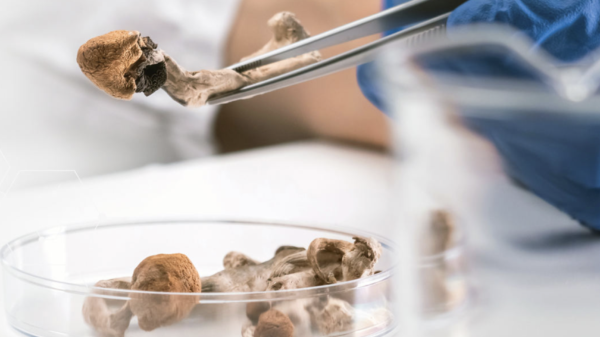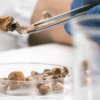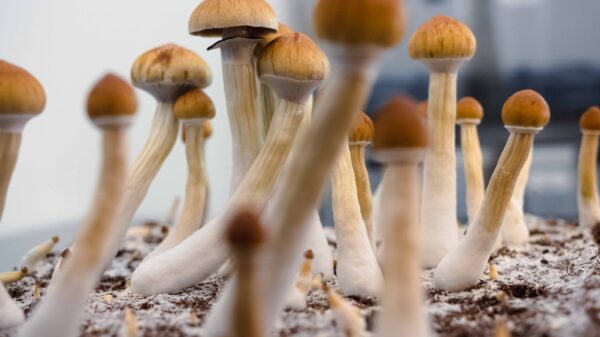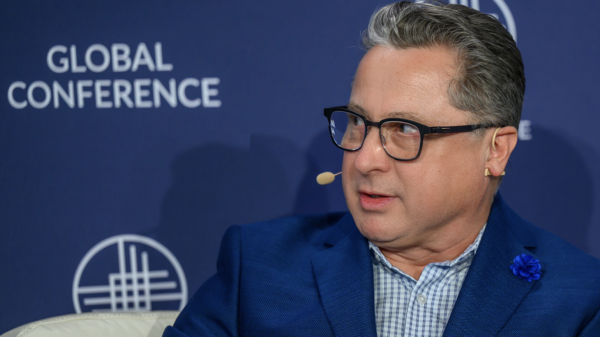Colorado residents will soon have access to psilocybin therapy in designated clinical settings. A ballot measure passed in November 2022, initially decriminalizing natural psychedelics in the state, will enable health professionals to administer magic mushrooms starting in January.
Along with psilocybin, Proposition 122 made the possession of dimethyltryptamine (DMT), mescaline (found in psychedelic cacti like Peyote and San Pedro) and ibogaine (derived from an African shrub) no longer a crime.
Beginning in 2025, multiple new healing centres will start opening their doors to troubled people in need of efficacious mushroom therapy. As specified in this “Natural Medicine Health Act,” the state is investing millions to establish its psilocybin therapy infrastructure.
“Once regulation begins, the Department of Regulatory Agencies will have costs of approximately $5.2 million in budget year 2024-25 and $5.6 million in budget year 2025-26 to regulate the manufacture, cultivation, testing, storage, transfer, transport, delivery, sale, use, and purchase of psychedelic mushrooms by licensed facilities,” the proposition explained.
Colorado will be able to start experimenting with the other natural psychedelics mentioned in therapy settings beginning in 2026.
Read more: Psychedelic YouTuber Willy Myco drops world’s first LSD synthesizing tutorial vid
Read more: Colorado’s first psychedelic church opens its doors
Proposition 122 highlights Johns Hopkins study
The state’s document outlining the new legislation pointed out important research completed by this Baltimore university back in 2008. Data this investigation yielded helped inspire confidence in psilocybin therapy in recent years.
It found that 67 per cent of participants reported that their psilocybin experience was one of the most meaningful of their entire lives. Furthermore, 64 per cent said it elevated their well-being and overall happiness substantially.
“These results describe a therapeutic experience, not one aligned with the intensely negative implication attached to the term ‘hallucinogenic,'” the proposition described.
Since that time, a vast amount of research has affirmed the findings of that study and contributed additional data.
An article in the BMJ medical journal earlier this year, for instance, highlighted a study which determined that a 25-milligram dose of psilocybin was highly beneficial for alleviating depression.
Moreover, a more recent Johns Hopkins study completed in 2022 found that 71 per cent of participants reported remission from their depression symptoms 1-year after their psilocybin-assisted therapy session. It has more applications than just treating depression though.
Psilocybin has proved itself to be valuable in assisting with end-of-life care and making the transition into the afterlife smoother. Many athletes and others, such as the former NHL player Daniel Carcillo, advocate for its life-saving efficacy in concussion and brain injury recovery. Multiple studies have shown that it has promising potential for addiction treatment too.
rowan@mugglehead.com












